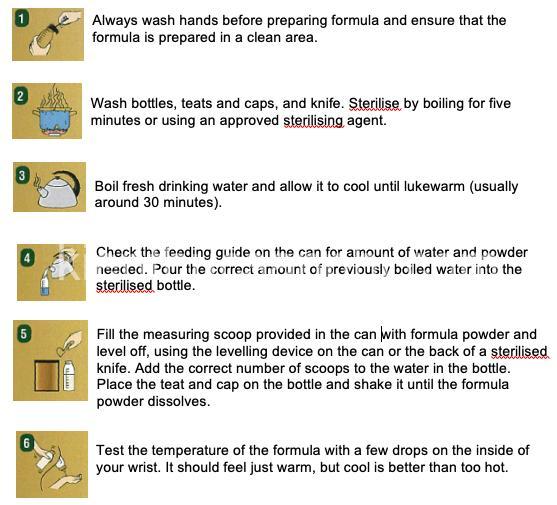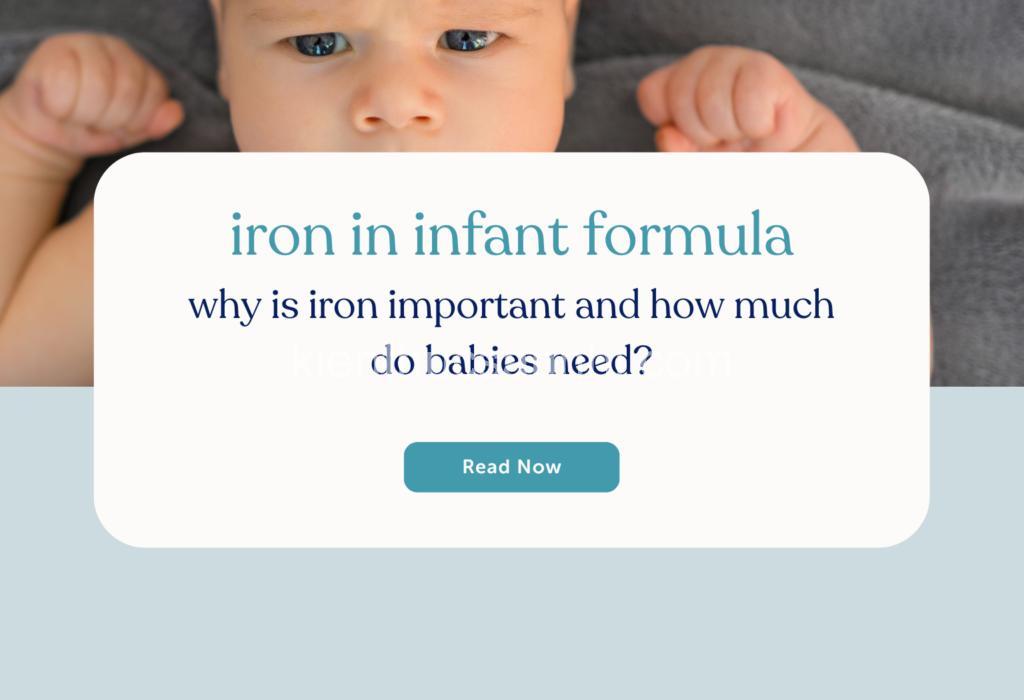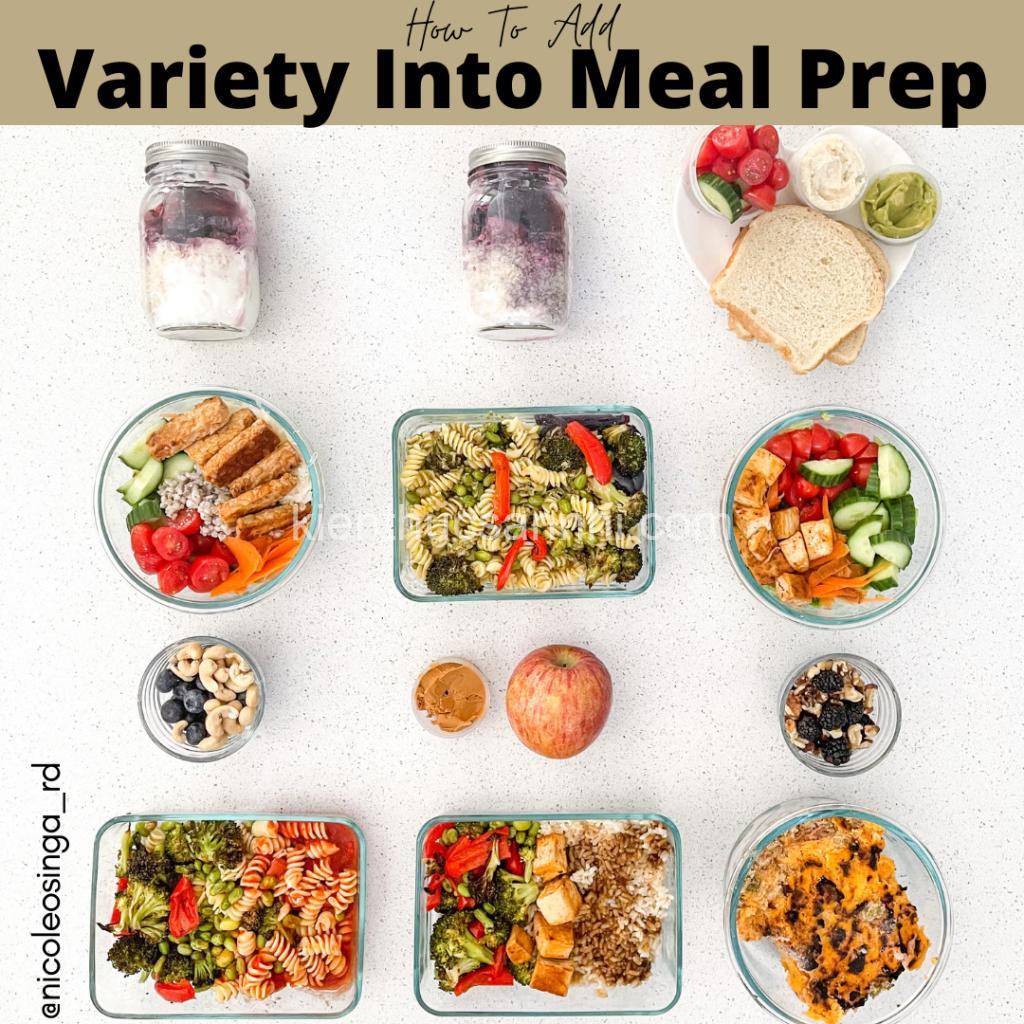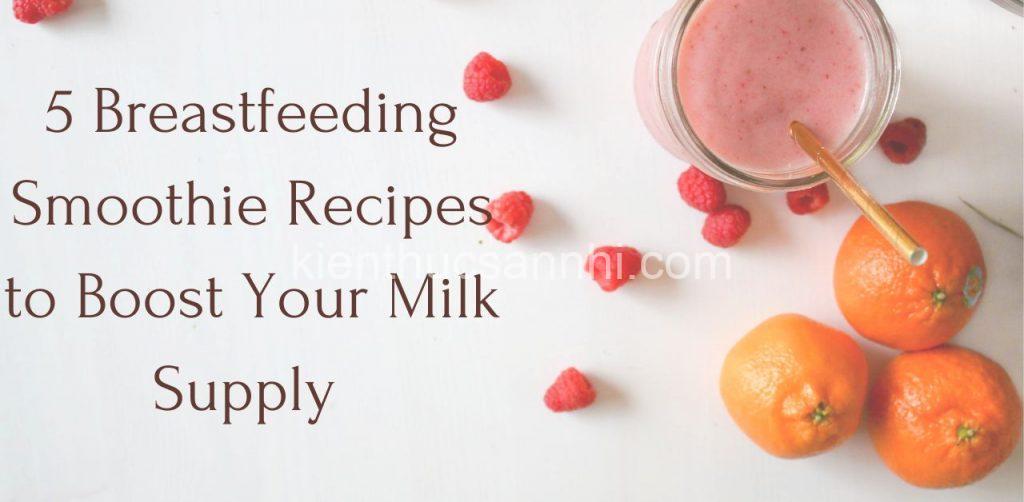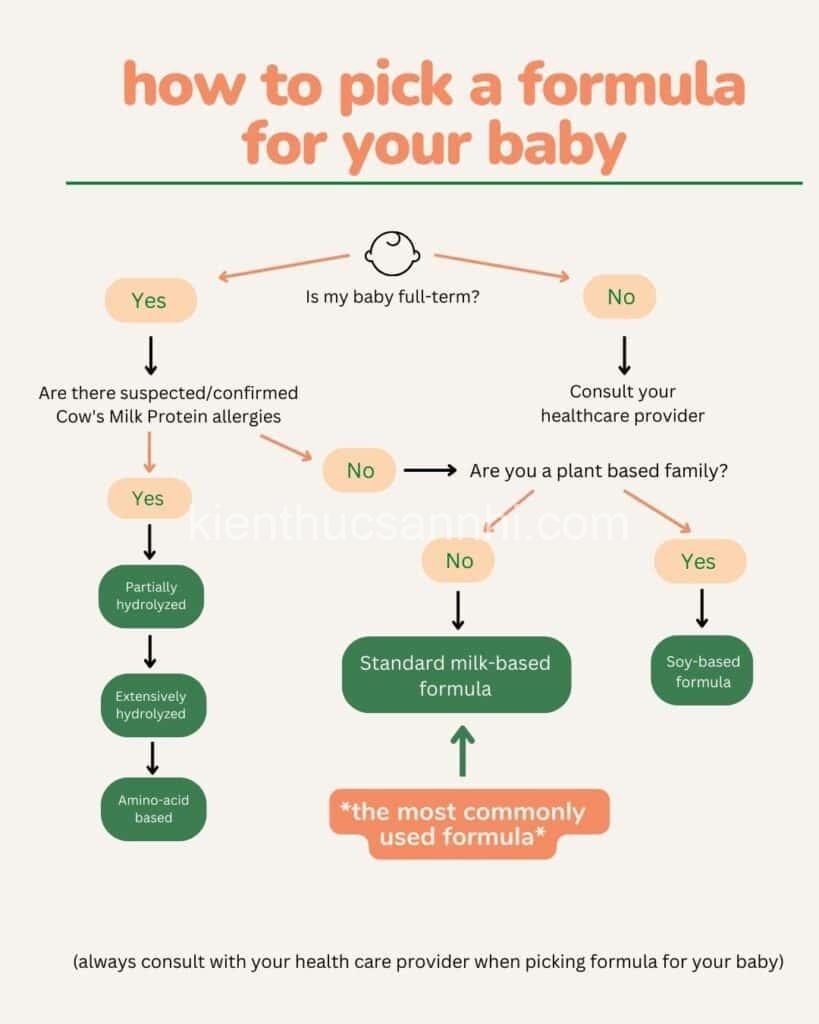
Choosing the Right Formula for Your Newborn: A Guide for New Parents. In today’s article, kienthucsannhi.com will explore with you in the most detailed and complete way. See now!
Understanding Formula Types: A Guide for New Parents
When it comes to baby formula, there’s a whole world of options available. Understanding these different types can be confusing, but it’s essential for making the best choice for your newborn. Here’s a breakdown of the common formula types:
Cow’s Milk-Based Formulas: These formulas are the most widely available and are based on cow’s milk, which has been modified to better suit a baby’s digestive system.
- Standard Formulas: These formulas provide a balanced blend of nutrients, suitable for healthy infants.
- Premature Infant Formulas: Specifically formulated for premature babies, these formulas contain higher levels of protein, calories, and other nutrients to support their rapid growth.
- Hypoallergenic Formulas: These formulas are designed for babies with cow’s milk allergies or sensitivities. They often use hydrolyzed protein, which is broken down into smaller particles, making it easier for babies to digest.
Soy-Based Formulas: These formulas use soy protein as the main protein source, making them suitable for babies with lactose intolerance or who are allergic to cow’s milk.
Other Formula Types: There are several other types of formula available to address specific needs.
- Goat’s Milk-Based Formulas: These formulas are often chosen for their potential benefits for babies with digestive issues.
- Hydrolyzed Protein Formulas: These formulas contain protein that has been broken down into smaller particles, making them easier to digest for babies with sensitive stomachs.
- Specialized Formulas: These formulas are designed for babies with specific medical conditions or dietary needs, such as iron deficiency or metabolic disorders.
Key Factors to Consider When Choosing Formula
Choosing the right formula for your newborn is a personal decision, but there are a few key factors to consider. By understanding these factors, you can make an informed choice that meets your baby’s unique needs.
Baby’s Needs: Your baby’s individual needs will play a major role in determining the best type of formula.
- Premature Infants: If your baby was born prematurely, they may need a formula specifically formulated for premature infants, as these formulas contain higher levels of protein, calories, and other nutrients to support their rapid growth.
- Allergies: Some babies may be allergic to cow’s milk protein or other ingredients. A pediatrician can help determine if your baby has allergies and recommend an appropriate hypoallergenic formula.
- Digestive Issues: If your baby has digestive issues like colic, reflux, or constipation, a hypoallergenic formula or one with hydrolyzed protein may be recommended.
Formula Ingredients: It’s crucial to understand the ingredients in formula to ensure you’re choosing a product that provides your baby with the essential nutrients they need.
- Essential Nutrients: Look for formulas that contain essential nutrients like whey protein, lactose, iron, DHA, and ARA.
- Potential Allergens and Additives: Be mindful of potential allergens, such as soy or dairy, and additives that may be present in some formulas.
Cost and Availability: Formulas vary in price, so it’s essential to consider your budget and the availability of different brands in your area.
Personal Preferences: Ultimately, personal preference plays a role in choosing a formula. You might find you prefer one brand over another or find that a particular formula works best for your baby. Remember, it’s always best to consult with a pediatrician before making any changes to your baby’s formula.
Choosing the Right Formula for Your Baby’s Needs
Now that you have a better understanding of different formula types and key factors to consider, let’s delve into specific scenarios and how to choose the best formula for your baby’s individual needs.
Premature Infants: If your baby was born prematurely, a formula specifically formulated for premature infants is recommended. These formulas contain higher levels of protein, calories, and other nutrients to support their rapid growth.
Babies with Allergies: If your baby has allergies, such as a cow’s milk protein allergy, a hypoallergenic formula is essential. These formulas use hydrolyzed protein, which is broken down into smaller particles, making it easier for babies to digest.
Babies with Digestive Issues: If your baby has digestive issues like colic, reflux, or constipation, a hypoallergenic formula or one with hydrolyzed protein might be beneficial.
Babies with Other Special Needs: If your baby has other special needs, such as iron deficiency or a metabolic disorder, a specialized formula might be recommended. Consult with your pediatrician to determine the best formula for your baby’s unique needs.
Making the Transition to Formula
If you decide to transition to formula, it’s essential to do so gradually. Introduce the formula slowly, starting with a few ounces at a time, and gradually increase the amount as your baby adjusts.
Remember to use proper bottle-feeding techniques to ensure your baby is getting the right amount of formula and to prevent choking. Pay close attention to your baby’s cues and signals, and if you notice any signs of allergies, digestive issues, or discomfort, consult your pediatrician.
Resources for Further Information
For additional information and support, consider visiting these resources:
- American Academy of Pediatrics: [Link to AAP website]
- LaLeche League: [Link to LaLeche League website]
- FDA: [Link to FDA website]
- Reputable formula manufacturers: [Link to formula manufacturers]
Consult a Pediatrician
Ultimately, it’s crucial to consult with your pediatrician to determine the best formula for your baby. They can assess your baby’s individual needs and provide personalized advice.
Remember, this article is for informational purposes only and should not be considered medical advice.

Frequently Asked Questions
What if my baby doesn’t seem to like the formula?
If your baby isn’t taking to a specific formula, you can try different brands or types to find one they prefer. It’s also important to consult with your pediatrician to rule out any underlying medical issues.
Are there any brands of formula that are better than others?
There are many reputable brands of formula available, and each brand offers different types of formula to meet specific needs. It’s important to consider your baby’s needs, your budget, and the availability of different brands in your area when making a decision.
When should I switch my baby to a different type of formula?
You should only switch your baby to a different type of formula after consulting with your pediatrician. They can assess your baby’s needs and recommend the most appropriate formula for them.
Can I use organic formula for my baby?
Organic formulas are available, and many parents choose them for their perceived benefits. However, it’s important to consult with your pediatrician to ensure that an organic formula is appropriate for your baby’s needs.
Can I use generic formula for my baby?
Generic formulas are often less expensive than name-brand formulas and are often comparable in terms of ingredients and quality. However, it’s still important to consult with your pediatrician to ensure that a generic formula is appropriate for your baby’s needs.
Conclusion
Choosing the right formula for your newborn is a crucial step in ensuring your baby’s health and well-being. By understanding the different formula types, key factors to consider, and how to choose the best option for your baby’s needs, you can provide them with the nourishment they require to grow and thrive.
Remember, a pediatrician is your best resource for personalized advice, and their guidance is essential in selecting the right formula for your baby. For more helpful tips and information on raising your little one, visit https://kienthucsannhi.com/. Don’t hesitate to leave a comment or share your thoughts with other parents!
Michael David Smith is a passionate animal lover and the owner of kienthucsannhi.com, a website dedicated to providing accurate, reliable, and easy-to-understand information about animals and pet care.
EAVs
- Formula – Type – Cow’s milk-based
- Formula – Type – Soy-based
- Formula – Type – Goat’s milk-based
- Formula – Type – Hydrolyzed
- Formula – Type – Premature
- Formula – Ingredient – Whey protein
- Formula – Ingredient – Lactose
- Formula – Ingredient – Iron
- Formula – Ingredient – DHA
- Formula – Ingredient – ARA
- Baby – Needs – Premature
- Baby – Needs – Allergies
- Baby – Needs – Digestive issues
- Formula – Cost – Low
- Formula – Cost – Medium
- Formula – Cost – High
- Formula – Availability – Online
- Formula – Availability – Stores
- Formula – Brand – Enfamil
- Formula – Brand – Similac
- Formula – Brand – Gerber
EREs
- Formula – Is_a – Food
- Formula – Contains – Ingredients
- Formula – Is_for – Baby
- Baby – Has – Needs
- Formula – Ismadeby – Brand
- Formula – Issoldat – Store
- Formula – Has – Cost
- Pediatrician – Recommends – Formula
- Parents – Choose – Formula
- Baby – Eats – Formula
- Formula – Contains – Whey protein
- Formula – Contains – Lactose
- Formula – Contains – Iron
- Baby – Has – Allergy
- Baby – Has – Digestive issue
- Formula – Is – Organic
- Formula – Is – Generic
- Formula – Is – Hypoallergenic
- Formula – Is – Forprematurebabies
- Formula – Is – For_allergies
Semantic Triples
- (Formula, Is_a, Food)
- (Formula, Contains, Ingredients)
- (Formula, Is_for, Baby)
- (Baby, Has, Needs)
- (Formula, Ismadeby, Brand)
- (Formula, Issoldat, Store)
- (Formula, Has, Cost)
- (Pediatrician, Recommends, Formula)
- (Parents, Choose, Formula)
- (Baby, Eats, Formula)
- (Formula, Contains, Whey protein)
- (Formula, Contains, Lactose)
- (Formula, Contains, Iron)
- (Baby, Has, Allergy)
- (Baby, Has, Digestive issue)
- (Formula, Is, Organic)
- (Formula, Is, Generic)
- (Formula, Is, Hypoallergenic)
- (Formula, Is, Forprematurebabies)
- (Formula, Is, For_allergies)
